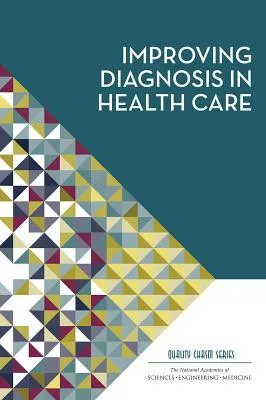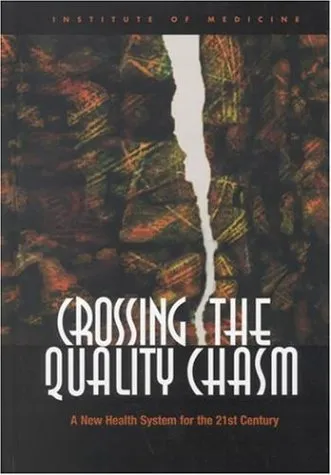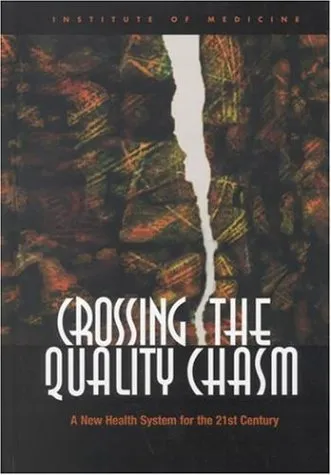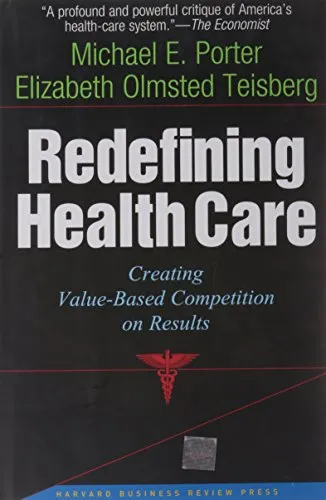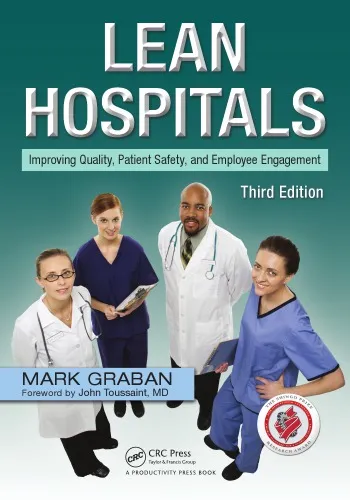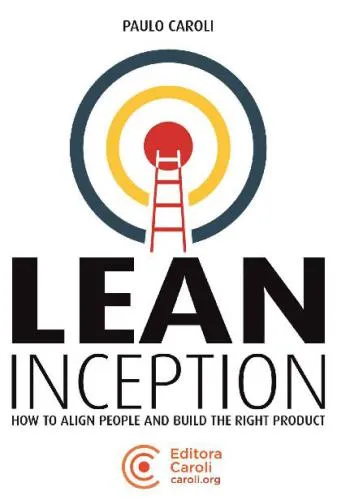Improving Diagnosis in Health Care
4.5
Reviews from our users

You Can Ask your questions from this book's AI after Login
Each download or ask from book AI costs 2 points. To earn more free points, please visit the Points Guide Page and complete some valuable actions.Related Refrences:
Introduction
In the precise and intricate field of healthcare, diagnosing a patient's condition sets the stage for supporting their journey towards healing and wellness. However, despite advancements in diagnostic tools and knowledge, diagnostic errors remain a significant challenge, posing threats to patient safety and health outcomes. "Improving Diagnosis in Health Care" is a seminal work that addresses this critical aspect of healthcare delivery, shedding light on its complexities and proposing systemic improvements.
Detailed Summary of the Book
"Improving Diagnosis in Health Care" is authored by the Committee on Diagnostic Error in Health Care under the National Academies of Sciences, Engineering, and Medicine. This comprehensive report delves deep into the root causes of diagnostic errors and their impact on patient care. It offers a thorough examination of the healthcare diagnostic process, identifying where and why errors occur.
The book explores the interplay of various factors such as communication breakdowns, systemic inefficiencies, and the cognitive challenges faced by healthcare providers. By focusing on the science of human decision-making, the book proposes that a deeper understanding of these elements can significantly reduce errors. It strongly advocates for a culture of transparency, communication, and learning to foster diagnostic excellence.
The committee presents a set of eight actionable recommendations that aim to improve diagnostic accuracy, reduce harm, and ensure effective communication between patients and healthcare teams. These recommendations encompass training initiatives, policy reforms, and technological advancements, all driven by a commitment to enhance the diagnostic process and outcomes.
Key Takeaways
The book's central message is the transformational power of addressing diagnostic errors within the healthcare system. Here are some key takeaways:
- Patient-Centered Care: Involving patients actively in the diagnostic process is vital. Their perspectives can offer valuable insights and contribute to more accurate diagnoses.
- Collaborative Effort: Improving diagnosis is a team-based endeavor that involves healthcare providers, patients, policymakers, and technology developers working in harmony.
- Educational Reforms: Training programs must include comprehensive diagnostic education to prepare healthcare professionals to navigate the complexities of diagnosis effectively.
- Technological Integration: Leveraging advancements in health IT and data analytics can enhance diagnostic processes, provided these tools are implemented thoughtfully and ethically.
- System Approach: A systemic perspective that considers the entire healthcare system's role in diagnosing is necessary to foster meaningful change.
Famous Quotes from the Book
"The diagnostic process is a complex, patient-centered, collaborative activity that involves several tasks, including information gathering, integration, and interpretation."
"Improving diagnosis in health care is a moral, professional, and public health imperative."
Why This Book Matters
"Improving Diagnosis in Health Care" stands as a pivotal work in understanding and tackling diagnostic errors — a major concern in medical practice. The insights offered are not just theoretical but have practical implications that can revolutionize patient safety and health outcomes. Given its detailed exploration of systemic changes and alignment with current healthcare challenges, the book is an invaluable resource for anyone committed to advancing healthcare's quality and reliability.
The book encourages healthcare organizations to foster a culture of learning and transparency, fostering environments where healthcare professionals feel empowered to learn from mistakes. It also lays the groundwork for future research and policy initiatives that aim to minimize diagnostic errors and improve patient care.
Ultimately, this book is essential reading for healthcare leaders, practitioners, educators, and policymakers, as it emphasizes the crucial imperative of enhancing diagnostic precision as a cornerstone of high-quality health care.
Free Direct Download
You Can Download this book after Login
Accessing books through legal platforms and public libraries not only supports the rights of authors and publishers but also contributes to the sustainability of reading culture. Before downloading, please take a moment to consider these options.
Find this book on other platforms:
WorldCat helps you find books in libraries worldwide.
See ratings, reviews, and discussions on Goodreads.
Find and buy rare or used books on AbeBooks.
1377
بازدید4.5
امتیاز0
نظر98%
رضایتReviews:
4.5
Based on 0 users review
Questions & Answers
Ask questions about this book or help others by answering
No questions yet. Be the first to ask!
